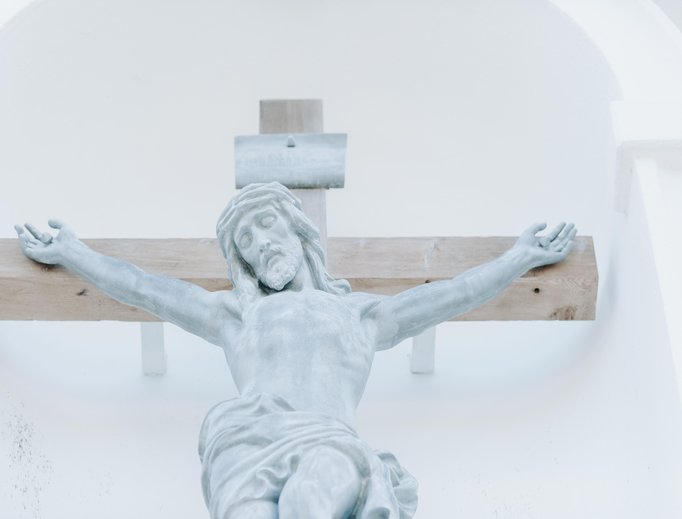Producing Good Fruit Involves Cooperating With the Grace of Jesus
User’s Guide to Sunday, March 24

Sunday, March 24, is the Third Sunday of Lent (Year C). Mass Readings: Exodus 3:1-8a, 13-15; Psalm 103:1-4, 6-8, 11; 1 Corinthians 10:1-6, 10-12; Luke 13:1-9.
In today’s Gospel, Our Lord provides a corrective to a belief prevalent in ancient Judaism that one could deduce the moral character of a person based on the good or evil things that happened to that person. We see this quite clearly in the rhetorical questions that Jesus asks in the first part of the Gospel, both of which expect a negative answer: The Galileans who suffered these evils were not greater sinners than all the rest.
In the second part of the Gospel, though, things are a bit murkier. Here, Jesus suddenly transitions to the Parable of the Fig Tree to make the point that just because someone survives or even thrives in this world, this is not an indication that they are pleasing to God. Jesus draws on the concept of divine forbearance, as described in Jewish wisdom traditions of the Old Testament, to explain why foolish or evil people seem to “get away with it.” The reason, as Christ implies in the parable, is that God in his great mercy provides every opportunity for such people to repent and turn back to God.
There is something deeply sobering about his instruction here, which we might come to appreciate more fully if we take a brief foray into the botanical history of the fig tree in Judah. The fig tree had been cultivated by human beings since at least 5000 B.C., making it one of the earliest domesticated plants. The types of figs that came to populate Israel and Judah were particularly beneficial because, in contrast to similar types of figs grown in Egypt and Cyprus, the figs found in the Judean countryside would produce good, edible fruit even without human labor. Nonetheless, Judean farmers adopted the practice of planting their fig trees within an orchard or vineyard, thus providing the trees with a steady water supply and protection against grazing animals. This enabled them to produce as many as six harvests in a single year. These trees thus came to be known for their fecundity, and all inhabitants of the region were dependent on them for their abundant fruit.
Turning back to Jesus’ parable, we see that, despite the advantages of being planted inside a well-protected, well-watered vineyard, this fig tree, which was known for its fruit production, yielded nothing. The production of fruit was expected — it was that which the fig tree was supposed to do, especially given all the advantages the tree enjoyed. Thus the reason why the vineyard owner initially called for the destruction of the tree is not because of something the tree did do, but because of something the tree did not do. The only reason it survived was due to the intercession of the gardener; it was given a reprieve, but with the understanding that it would still come to destruction should it fail to produce fruit in the ensuing year.
This is why the fig tree serves as an apt image for Christ’s instruction regarding divine forbearance — to the extent that we fail to produce any good works in our lives, we are like that fig tree. Like that tree, we have been given two great benefits: First, we are planted in the fertile vineyard of the Church; and, second, we are watered and fertilized through the power of the sacraments. Therefore, Christ, much like the vineyard owner, expects us to produce the fruit of good works in our lives — it is required, not optional.
In this season of Lent, we have a prime opportunity to recommit to producing such good works, especially corporal and spiritual works of mercy. These quintessential good works are most befitting the penitential season of Lent, in which we seek to detach ourselves from worldly concerns in order to seek first the kingdom of God. Let us, then, cooperate with the grace of Jesus Christ and so produce an abundance of fruit in our lives, so that when Christ the vineyard owner comes, he will find what he expects.
Dominican Father Jordan Schmidt is an instructor
in sacred Scripture at the
Pontifical Faculty of the
Immaculate Conception at the
Dominican House of Studies in Washington, D.C.

















